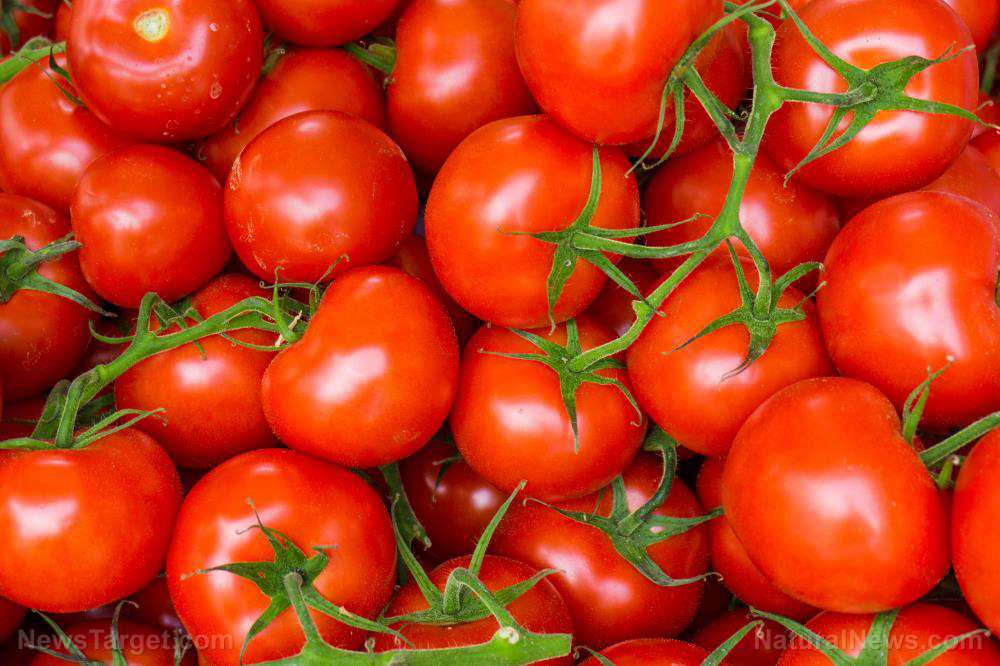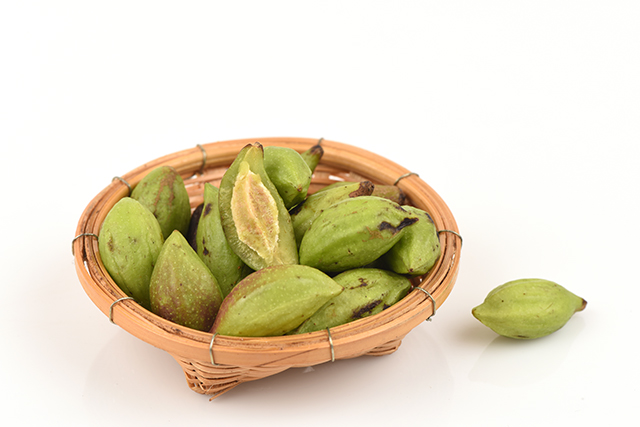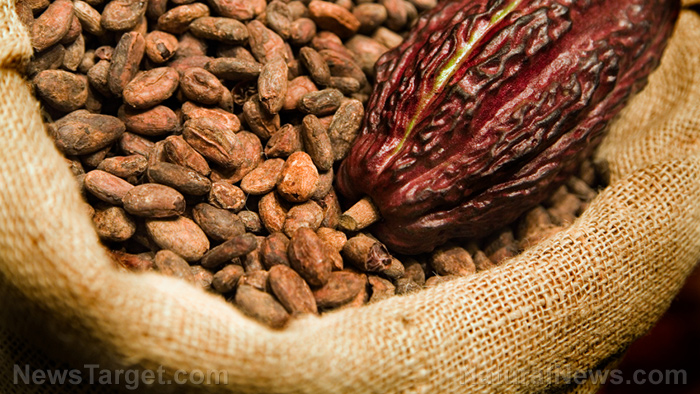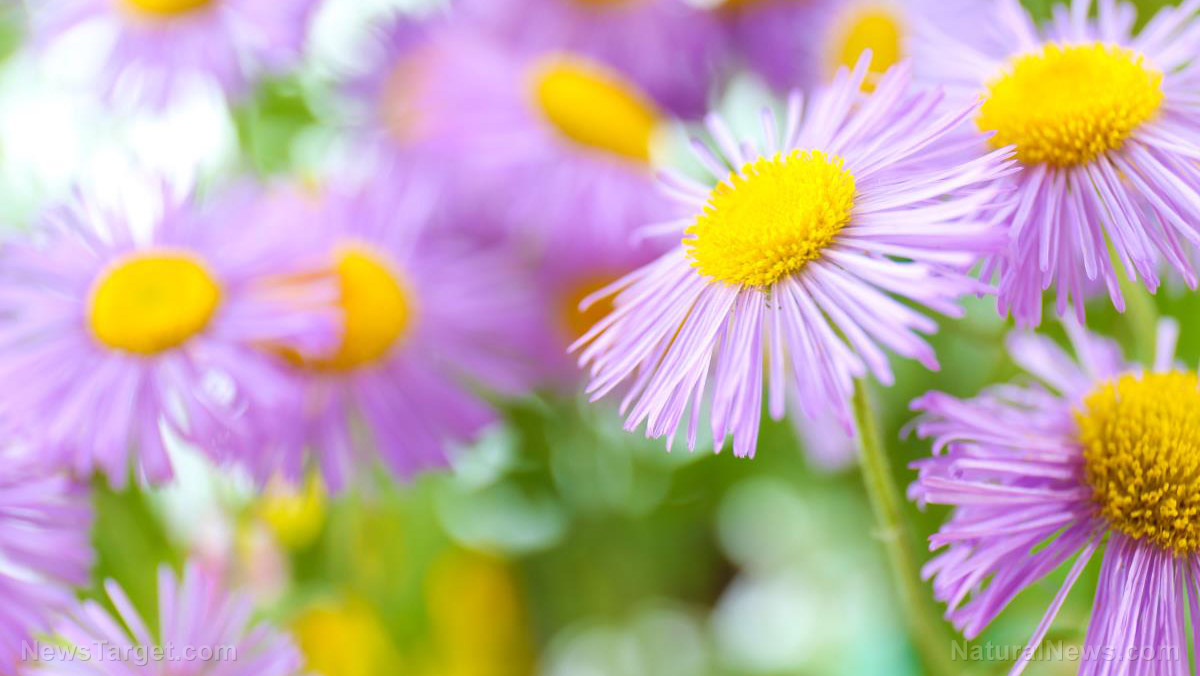Children who suffer from urinary incontinence may benefit from chamomile
01/09/2019 / By Michelle Simmons

Children who suffer from enuresis, also known as urinary incontinence, may benefit from chamomile (Matricaria recutita L.). A study published in the Journal of Evidence-Based Complementary & Alternative Medicine found that chamomile oil can help reduce the frequency of both nocturnal and daytime enuresis.
Enuresis is the medical term for bedwetting. It is the accidental or intentional urination in children who are already at an age when they should have control of their bladders.
In the study, researchers at Tehran University of Medical Science, Islamic Azad University, and Shiraz University of Medical Sciences in Iran evaluated the efficacy of topical use of chamomile oil in treating enuresis in children. In traditional Persian medicine, chamomile flowers are used to treat children with enuresis.
The study included 80 patients with monosymptomatic nocturnal or daytime enuresis. Monosymptomatic enuresis is referred to as urinary incontinence in children who have no other lower urinary tract symptoms and no history of bladder dysfunction. For the study, the children received chamomile oil or placebo on their perineal and suprapubic area once every night for six weeks.
Before the treatment period and eight weeks after the intervention, the researchers assessed the participants’ frequency of enuresis. They also monitored the occurrence of any adverse events.
The results showed that the average frequency of enuresis at the first, second, and third weeks was lower in the treatment group compared with the placebo group. In addition, no occurrence of any adverse event was reported in the study groups. These results suggest that the topical application of chamomile oil can reduce the frequency of enuresis in children with monosymptomatic nocturnal or daytime enuresis.
This benefit of chamomile oil may be due to the spasmolytic and anticholinergic activities of its active constituents.
Based on the findings, the researchers concluded that chamomile oil could be used as a potential complementary treatment option for children with monosymptomatic enuresis.
Other ways to treat enuresis
Enuresis can also be addressed through the following:
- Hypnotherapy: Children, especially boys, who experience nocturnal enuresis may benefit from hypnotherapy, which is guided hypnosis or a trance-like state of focus and concentration reached with the help of a clinical hypnotherapist. A study published in The Journal of Norwegian Medical Association found that hypnotherapy is an effective treatment for this condition. The study included 12 boys aged eight to 16 diagnosed with enuresis and a family history of bedwetting. They also had tried other forms of treatments like the bedwetting alarm and medication. For the study, the boys had between two and eight hypnotherapy sessions and also practiced self-hypnosis on their own for about a month after their hypnosis sessions. The researchers conducted two follow-ups at three months and one-year intervals after the hypnotherapy sessions. They found during these follow-ups that nine participants reported seven out of seven dry nights every week.
- Chiropractic care: A child may be experiencing bedwetting due to spinal misalignment. This spinal misalignment can affect the nerves that flow from the spine to every part of the body. This may result in a nerve communication issue between the brain and bladder. The bladder can only function properly if there is proper nerve communication with the brain. Chiropractic care can address the nerve communication pathways between the brain and the bladder without drugs or surgery. This is done by chiropractors who are the only type of health professional trained to locate and reduce spinal misalignments that may be interfering with proper nerve function. The body can function normally once the spine has adequately been realigned and nerve interference has been reduced.
Read more news stories and studies on the natural treatments for enuresis by going to NaturalCures.news.
Sources include:
Tagged Under: alternative medicine, chamomile, chamomile oil, children, children's health, enuresis, herbal medicine, Herbs, Matricaria recutita, medicinal plants, natural cures, natural healing, natural medicine, natural remedies, traditional medicine, urinary incontinence



















